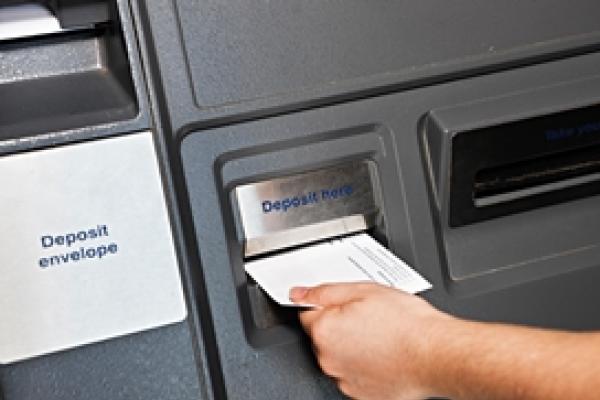
Steamship Mutual
Published: August 01, 2014

When discharging dry cargo at ports in the Republic of Korea, cargoes are often placed in bonded warehouses while awaiting collection by the cargo owner. This can give rise to risks for owners if responsibility for delivering the cargo is entrusted to a warehouse operator, and if cargo is not delivered to the consignee in return for surrender of an original bill of lading.
Despite any such delegation of responsibility, it remains the carrier’s responsibility to ensure that the original negotiable bill of lading is surrendered in return for delivery of the cargo.
The potential issues arising were previously highlighted in the Club’s Circular B394 of August 2003 but this remains a current issue for both shipowners and charterers calling at Korean ports.
Under Korean Law, delivery occurs when the carrier or his agent surrenders control of the cargo. In the context of a “self-use” bonded warehouse (i.e. owned or operated by the consignee), delivery would normally occur when the cargo leaves the physical custody of the carrier. However, where goods are discharged from the vessel into an independent warehouse (i.e. owned or operated by an independent third party) then, depending on the circumstances, including the terms of the bill of lading contract, the cargo may be deemed not to have been delivered until it leaves the bonded warehouse.
This arises from a decision of Korean Supreme Court that, even if an independent bonded warehouse is nominated by the importer of the goods, there will be an implied contract between the carrier of the goods and the operator of the warehouse, and both carrier and warehouse operator will be liable to the lawful holder of the bill of lading in the event of mis-delivery from the warehouse.
An example of a scenario in which this could cause problems would be where a bank is the holder of a bill of lading which is to be negotiated to the consignee after payment has been made to the seller (or the seller’s bank). If a warehouse operator releases the goods to the consignee prematurely, and without presentation of an original bill of lading, the bank may be unable to obtain payment from the consignee or to recover the goods.
Where the carrier discharges cargo into an independently owned warehouse, Members are advised to contract with the independent warehouse owner on terms that the warehouse owner shall not deliver the cargo without production of the relevant bill of lading or without the carrier’s consent, and that the warehouse owner shall indemnify the carrier should cargo in fact be delivered without production of the relevant bill of lading or the carrier’s consent. Members should of course be aware that in practice the enforcement of an indemnity will depend upon a variety of factors, including the continued solvency of the party who has provided the indemnity.
Caution is always recommended since liabilities arising from delivery of cargo otherwise than in return for an original bill of lading will normally fall outside the scope of P&I cover.
Article by Lisa Jenkins


